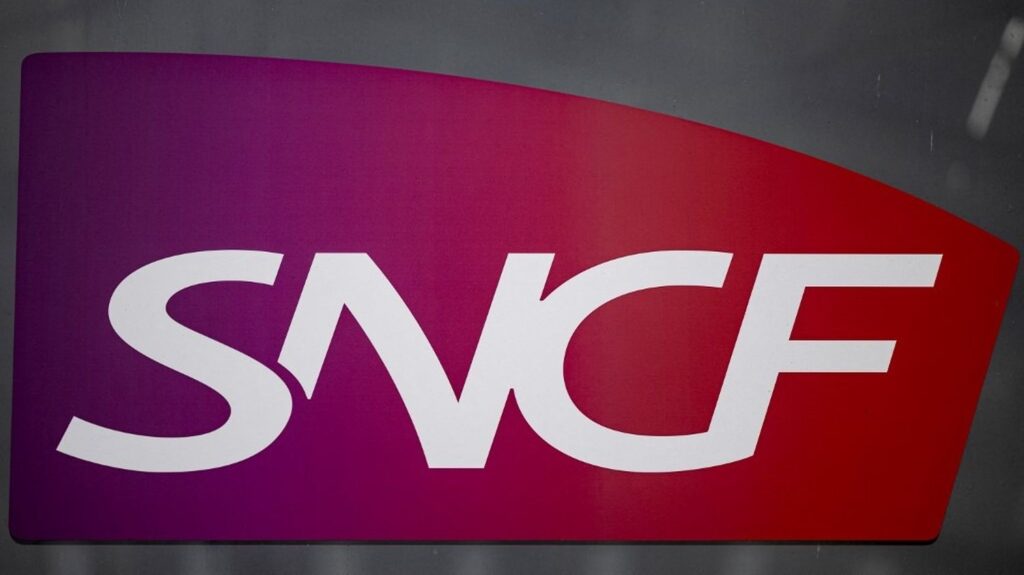In accordance with a judgment of the Court of Justice of the European Union (CJEU), the authority established that SNCF customers did not have to indicate their civility when booking their trains.
/2023/07/06/64a68815cd1a7_placeholder-36b69ec8.png)
Published
Reading time: 2min
/2025/07/31/000-67rh969-688b7c8d3b98f197203754.jpg)
SNCF “cannot impose on its customers to communicate their civility” Via its website or application, the Council of State judged in a decision published Thursday, July 31, in accordance with a judgment of the Court of Justice of the European Union (CJEU). The highest French administrative court also condemns the State to pay 3,000 euros to the association for the defense of LGBT+ foam rights which had seized the institution in order to denounce the practices of the SNCF Connect application, obliging “systematically its customers to indicate ” their gender identity.
The association estimated that “This obligation and the processing of personal data which resulted of it were contrary to the General Data Protection Regulations (GDPR)”recalled the Council of State in a statement on Thursday.
In its decision of January 9, 2025, the European Court had already judged that “If the collection of civility of customers of a transport company is for the sole objective of personalizing commercial communication, it cannot be considered as necessary for the execution of the contract between the user and the company”wrote the jurisdiction in its press release. And “If certain services, such as the berth compartments reserved for single women, imply taking into account sex relating to sex, this does not justify that the collection of civility is compulsory for all the services offered by the SNCF Connect”specifies the Council of State.
The case had started in March 2021 when the association for the defense of LGBT+ rights had filed a complaint with the National IT and freedom commission (CNIL), which rejected this complaint in March 2021. Mousse then turned to the Council of State.


